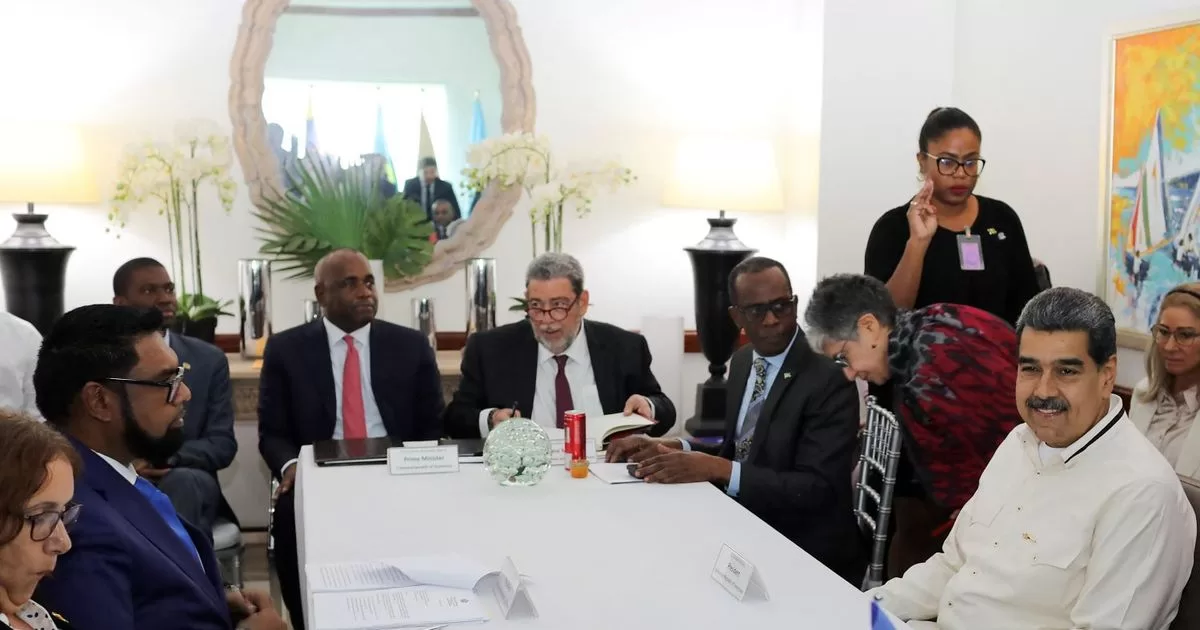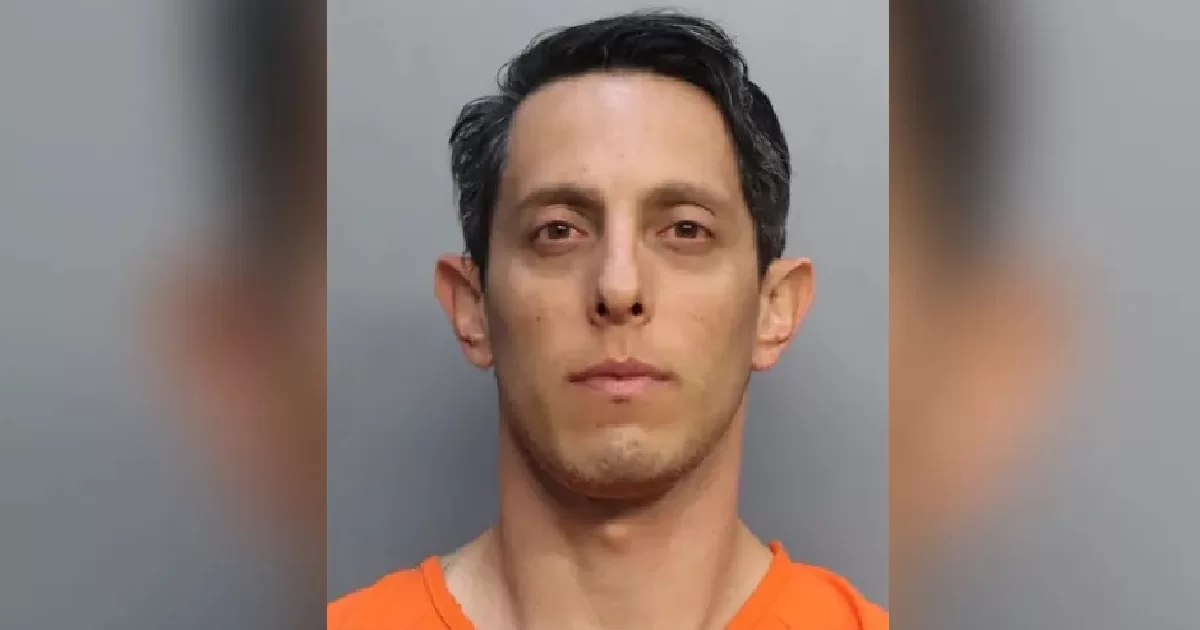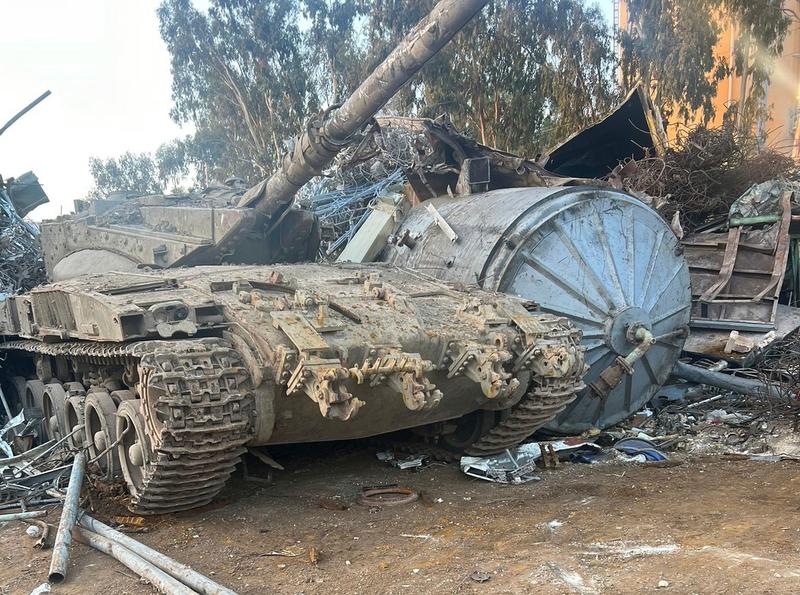The Guyanese president, Irfaan Ali, and the ruler Nicolás Maduro, closed a two-hour meeting in Saint Vincent and the Grenadines, promoted by the Community of Latin American and Caribbean States (CELAC) and the Caribbean Community (CARICOM), with support from Brazil.
“Guyana is not the aggressor, Guyana is not seeking war, Guyana reserves the right to work with our allies to guarantee the defense of our country,” Ali said in a subsequent press conference, without giving up his position on the dispute. .
“Guyana has every right (…) to facilitate any investment, any partnership (…), the issuance of any license and the granting of any concession in our sovereign space.”
The meeting was held amid growing concern about the increasingly harsh exchanges of statements between the Guyanese president and the Venezuelan ruler over the Essequibo, an area of 160,000 km2 rich in oil and natural resources that Georgetown administers and Caracas claims.
Maduro – who still did not offer any statement at the end of the meeting – said that he attended the meeting in search of “the path of dialogue and negotiation” to achieve “effective solutions.”
“The intermediaries are probably going to have to find something so that Maduro does not leave” the meeting “with nothing,” said Sadio Garavini di Turno, former Venezuelan ambassador to Guyana, who sees “feasible” a statement “in which it is said that they are going to to lower the escalation, which will continue with the dialogue to lower tensions.
Maduro saw the meeting as “an achievement” to “directly address the territorial controversy,” but Ali denied that the dispute was on the agenda and insisted on his position that it should be resolved in the International Court of Justice (ICJ), whose jurisdiction is unknown by the Venezuelan government.
Oil, point of conflict
Although it is a century-old dispute, the dispute intensified in 2015 after the American oil company ExxonMobil discovered large deposits of crude oil in the area under claim.
Venezuela accuses Guyana of giving concessions in maritime waters to be delimited, and after a referendum on the area under claim, on December 3, it began a process to grant licenses from the state-owned PDVSA in disputed waters.
The consultation also approved creating a province of Venezuela in the region and giving nationality to its inhabitants. Maduro brought a map that already includes Essequibo as a state.
Guyana, which saw the consultation as a “threat”, took the case to the UN Security Council and announced contacts with military “partners” such as the United States, which carried out military exercises in Essequibo.
For its part, Brazil reinforced its northern border.
The usual anti-imperialist rhetoric of the Venezuelan government has been aimed at accusing Ali of being “a slave” of ExxonMobil.
Garavini di Turno stressed that Venezuela “curiously” has avoided mentioning other large companies with participation in the largest concession granted by the Guyanese government in the area, that of the Stabroek block, such as the cases of the China National Petroleum Corporation and the also American Chevron. , two companies that operate in this country sanctioned by Washington.
On Monday, the Venezuelan Foreign Minister, Yván Gil, raised in a meeting with the international press in Caracas the possibility that there could be talk of “cooperation in oil and gas matters” without going into details.
Source: With information from AFP



